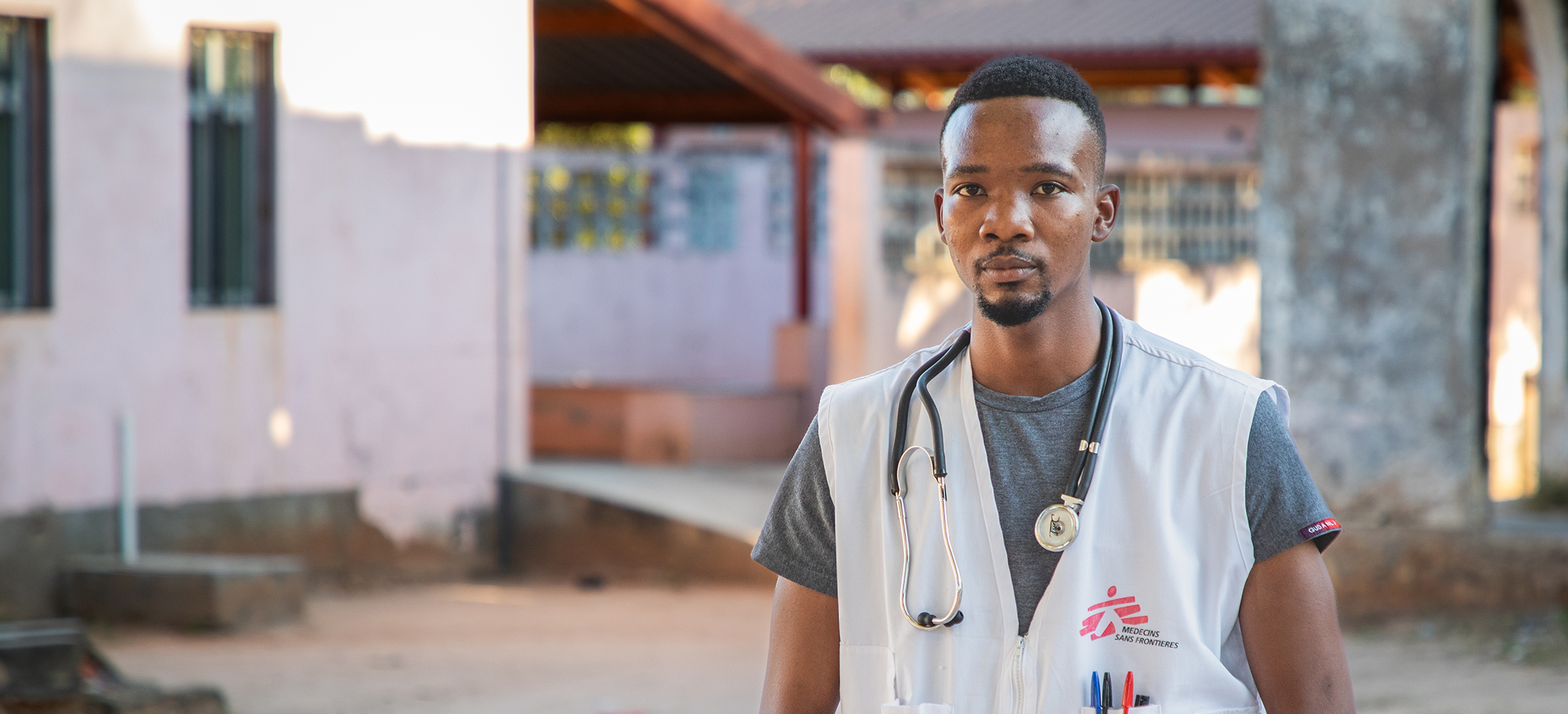
The voice of our teams on the field
Nurses, health promoters, logisticians, or doctors – our MSF teams are at the forefront of the response to the consequences of the climate emergency.
As first-hand witnesses to climate change, they explain how the climate emergency is impacting the health of the most vulnerable populations. Because the climate emergency is a health emergency!
